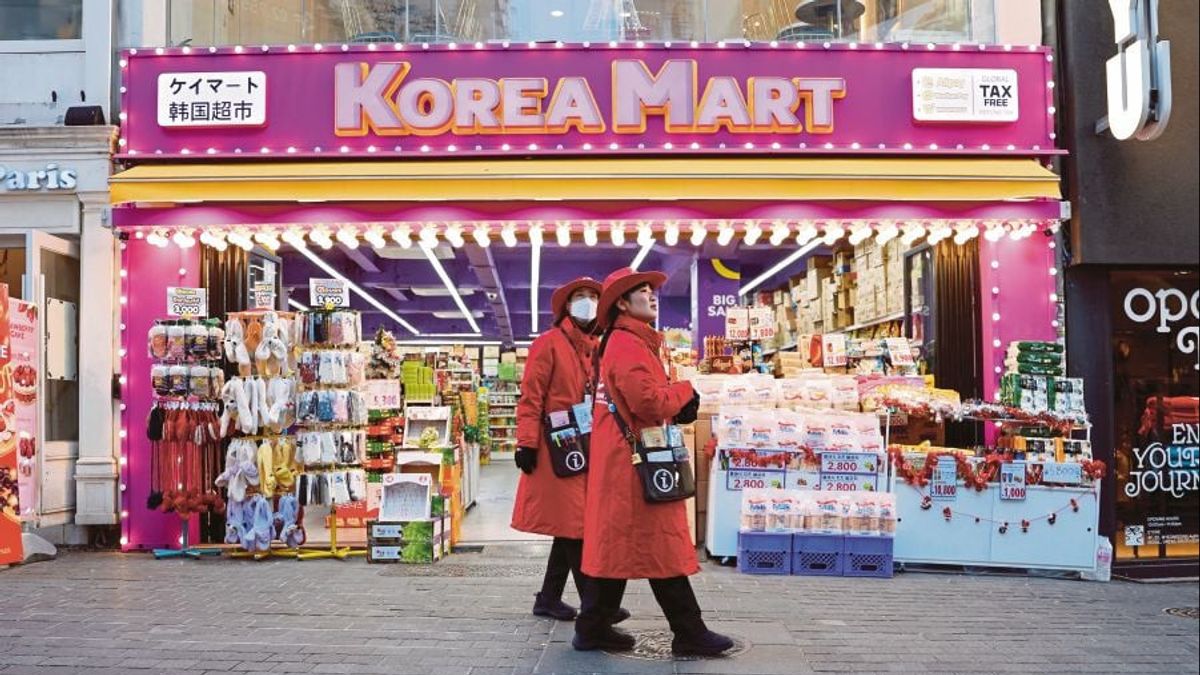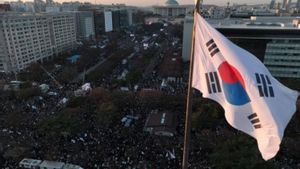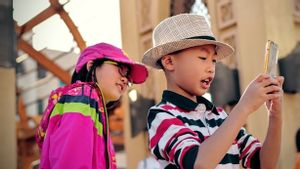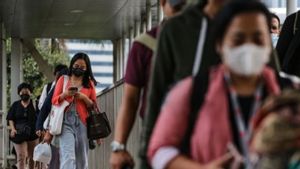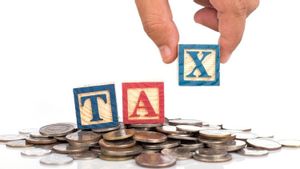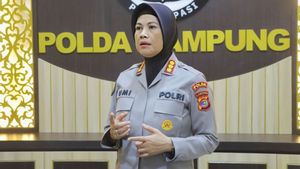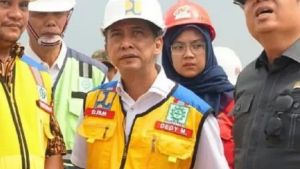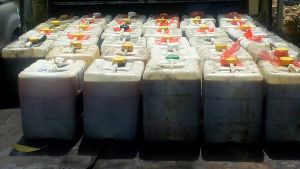JAKARTA South Korea's tourism sector is facing uncertainty. Starting from plastic surgery clinics, tour companies, and hotel networks are wary of the potential impact of a prolonged political crisis, as some foreign tourists canceled their trip following a brief military emergency earlier this month.
South Korea's travel and tourism industry generated 84.7 trillion Korean won or equivalent to Rp944.6 trillion in 2023 or about 3.8 percent of Gross Domestic Product (GDP). Prior to this, the Korean tourism industry had passed various obstacles, including during the presidential impeachment in 2016 and periodic tensions with North Korea.
However, the military emergency decree issued by President Yoon Suk-yeol is said to make the tourism industry wary.
The South Korean tourism sector is actually enjoying post-pandemic recovery, with tourist visits reaching 97 percent of the pre-COVID-19 level as of October 2024.
But citing Reuters, dozens of hotel and administration sources say the army's involvement in the latest political crisis has disrupted serious developments that could hinder travel and business. This can be seen from signs of cancellation of visits that have begun to appear in a number of inns.
One of them is the hotel group Accor, which reported a five percent drop in early December compared to the previous month. Meanwhile, several plastic surgery clinics in Gangnam admit that the cancellation of foreign patients has shown the real impact of this political crisis.
There are concerns that safety concerns in Seoul will have a negative impact on tourism industry, said Seoul Mayor Oh Se-hoon when meeting tourism industry officials to discuss lower travel demand.
There have been more and more examples of foreign tourists canceling visits to Seoul and shortening their visit time, Oh continued, before asserting 'Seoul is safe' in English, Chinese, and Japanese to the media.
South Korea is in the spotlight following a six-hour military emergency decree announced by Yoon Suk-yeol before the president was impeached by the National Assembly on Saturday (12/14/2024). This is the second impeachment attempt, after the first on December 4 failed.
This period of cold heat in South Korea was colored by various protests from residents. Looking back, this is actually not the first time South Korea has experienced political tensions. In 2016, for example, when the country's first female president, Park Geun-hye was impeached by parliament.
He was ousted from power because he was accused of receiving or asking for tens of millions of US dollars from conglomerates, including Samsung. President Park was also accused of spreading classified documents, blacklisting critical artists, and firing officials against him.
Not only that, South Korea's domestic politics also often clashes depending on their relationship with North Korea. But so far they have made it through various difficult moments.
But military engagement as happened later this year raises new concerns in the tourism sector. Some tourists have canceled their bookings, although the numbers are not too large, while others are still monitoring the situation there.
SEE ALSO:
The Korean Tourism Start-Up Association said bookings for the first half of 2025 from foreign tourists showed a sharp decline. This brings about a long-term impact if the political crisis continues without a clear settlement.
Hotel rooms in the capital, which were originally declared full, are now available due to cancellations by a number of tourists. Some hotels were even forced to 'low down their rates and offer some special deals to attract potential tourists' interest, said a travel agent who declined to be named.
A plastic surgery clinic in Gangnam also indicated the same thing. They said some foreign patients had canceled their visits since the military emergency incident.
"We're not worried at the moment, but if the situation continues, it will have an impact on foreign tourists," said a clinic representative.
The South Korean government has repeatedly emphasized that daily life and tourist activities have been running as usual since the impeachment effort was carried out earlier this month. The Mayor of Seoul Oh Se-hoon also ensured that his territory was safe and this he revealed in three languages, English, Chinese, and Japanese to the media.
South Korea's reputation as a global culture is at stake. The Korean cultural wave - including K-Pop, K-drama, and cosmetics - is the main form of soft power that the government uses to increase the number of tourists.
However, the recent political tensions have the potential to dampen this appeal. In fact, the government has an ambitious target of the government to bring in 30 million tourists by 2027. This target could be threatened if political stability does not recover immediately.
However, some analysts believe the long-term impact could be minimized if this crisis is addressed immediately.
"If we can get through an unprecedented period towards a clear direction towards a new general election, I don't think the impact will be so bad," said Andrew Gilholm of Control Risk Group.
He also said that the reputation of this country may increase in the future by showing how Korea is going through this series of problems.
Su Shu, founder of a Chinese travel Moment Travel, also said the same thing about travel requests to Korse. He believes interest in South Korea remains high despite temporary concerns.
"Wherever there is chaos, there will be people who don't dare to leave," said Su.
China is the highest source of foreign tourists in South Korea, followed by Japan and the United States.
The English, Chinese, Japanese, Arabic, and French versions are automatically generated by the AI. So there may still be inaccuracies in translating, please always see Indonesian as our main language. (system supported by DigitalSiber.id)
